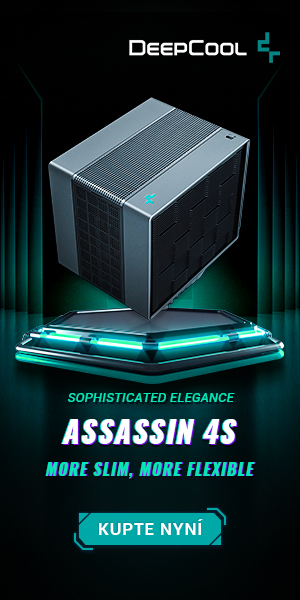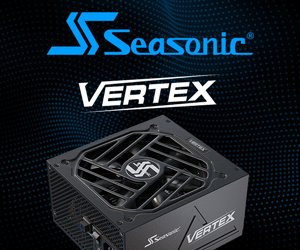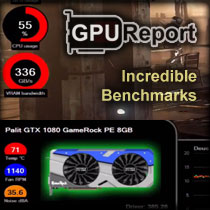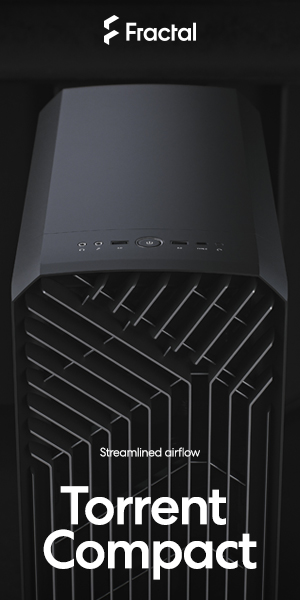NVENC
Nvidia RTX 2000 graphics cards are slowly but surely approaching the end of their production cycle, and new models are expected in the near future. But that doesn’t mean they have nothing to offer anymore, quite the opposite. Their main strengths, such as RTX or DLSS, have undergone several revisions, so let’s look at how well these technologies are doing and how they affect performance, whether positively or negatively.
Streaming without a powerful CPU
Streaming games has been very popular lately and, as several players have been able to do, you can make a great deal of money. The interest of young players in the profession of a streamer is constantly growing and once children’s dreams of professions such as a policeman, firefighter or astronaut are now being largely replaced by a “youtuber” and streamer. Playing games professionally requires a powerful rig, as each frame may mean an advantage over your opponent.
However, traditional software streaming through the CPU significantly reduces performance and thus the in-game fps. Not only does the player lose an important advantage, but the quality of the stream may not be ideal either. As usual, hardware acceleration is always the answer if something needs to be done faster. Therefore, Nvidia has implemented an NVENC encoder into a separate part of the GPU into Turing graphics cards. Its job is to free the CPU from video processing, making the game run smoother without having to invest in an 8+ core CPU.
In addition to streaming, NVENC can also be used in Adobe Premiere Pro to export video, where it can significantly speed up the process. Hardware video encoding is definitely a big advantage for people involved in streaming or producing videos. Unfortunately, this is not entirely my specialization, so I will leave the real results of using NVENC for streaming or exporting to others:








